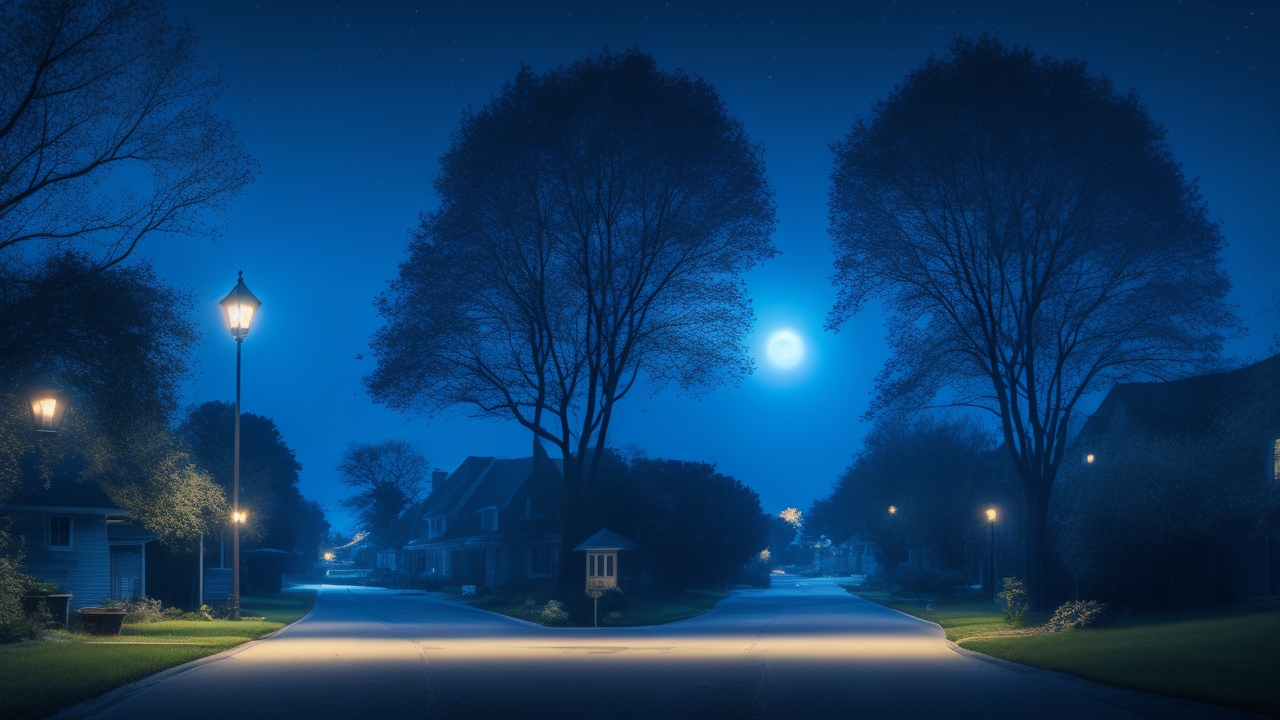On a crisp evening along a quiet suburban street, two shimmering white orbs dashed above the treetops, twisting at impossible angles and fading into darkness, their flight as dazzling as it was confounding. This wasn’t just a fleeting optical illusion—it was one of 66 new unexplained UFO sightings reported in New York during the first half of 2025, as documented by the National UFO Reporting Center. As sightings like this multiply, the boundaries between speculation, research, and public curiosity seem more porous than ever.
The New Wave: From Orbs to Ovals
As the calendar flips deeper into 2025, it’s impossible to ignore the accelerating tempo of UFO reports, especially in hotspots like New York City and its rural satellites. According to the National UFO Reporting Center (NUFORC), 66 distinct incidents were logged in New York from January to June 2025, up modestly from 65 in the first half of 2024. These include a breathtaking range of shapes—glowing orbs, angular triangles, and elusive disks—and maneuvers so rapid and precise that witnesses, from dog walkers in Chester to airline passengers approaching LaGuardia, are left grasping for explanations beyond conventional aircraft, drones, or atmospheric phenomena.
The phenomenon is not confined to one type of place. From the bustling airspace above Manhattan to quiet hamlets like Evans Mills (neighbor to a military base, and home to repeated orb sightings), the narrative threads are growing ever more tangled. Sightings peak in the warmer months, yet there’s little predictability. This pattern fits a nationwide trend: data analysts at Avantika University’s UFO Sighting-USA project highlight that most reports are filed during summer months—especially June, July, and August. Visualizations of decades of US sightings reveal not just a seasonal spike but a resurgence in public reporting since the early 2020s.
Survey Says: Public Pulse and Statistical Surges
Numbers tell their own story. In the United States alone, more than 12,000 UFO sightings were officially catalogued between 1947 and 1969, according to World Population Review, with Roswell remaining a magnet for believers, skeptics, and the simply curious. In 2025, the UK saw hotspots emerge across green spaces in Leeds, Southampton, and Llandudno, with scientists aggregating data from platforms like NUFORC, the Enigma app, and UFO Identified Group, normalized for region populations. Manchester, for instance, clocked an impressive 88.2 sightings per 100,000 residents.
The sheer volume of contemporary reports has forced authorities and researchers alike to modernize data-collection methods. NUFORC, founded in 1974, remains crucial, “receiving, recording, and documenting reports from individuals who have been witness to unusual, possibly UFO-related events.” Databases now routinely accept photos, recordings, and even cockpit audio. While the majority of sightings remain unexplained, there’s a growing emphasis on cutting through misidentifications—drones, fireworks, satellites—and determining where legitimate anomalies persist.
The Disclosure Era: Secrecy Versus Transparency
2025 has brought not only a spike in citizen observations, but renewed energy in government openness. The latest government-commissioned UFO report, discussed on PBS News Hour, admitted 143 unexplained sightings since 2004 but stopped short of confirming alien visitors. While no direct evidence of extraterrestrial contact was presented, agencies finally acknowledged the limitations of current understanding and the need for continued, rigorous investigation.
The wave of partially declassified documents and official statements has transformed the global conversation. In the UK, release of government files fueled both skepticism and excitement, particularly with the discovery of 3I/ATLAS—the third interstellar object detected in our solar system. While most astronomers designate it a comet, a vocal minority have speculated that its path and features suggest something more, perhaps even an alien probe. Harvard’s Avi Loeb has mused publicly about the possibility, reminding the research community that not every mystery can be dismissed with a shrug.
Blurring the Line: Community, Curiosity, and Collaboration
The 2025 surge is less an isolated phenomenon than a reflection of shifting social currents. Citizen scientists, amateur astronomers, and dedicated UFO hobbyists now collaborate more closely than ever. Platforms and apps allow for real-time sharing of sightings, making the landscape far more dynamic and democratic. Community forums buzz with photo analysis techniques, sighting maps, and debate over whether that streak in the night sky was a satellite launch or something undeniably more beguiling.
Practical Tips for Navigating the UFO Landscape
- Document meticulously: Always record the time, location, weather, and a clear description of what you witnessed. Video and photographs help, but written notes ensure accuracy.
- Check official tracking resources: Compare your experience with updates from national databases like NUFORC, as well as local astronomy clubs and meteorological sites.
- Stay skeptical, but open: Rule out common sources—satellites, drones, atmospheric phenomena—before jumping to extraterrestrial conclusions. Use community forums for peer review of your evidence.
- Engage with the research community: Attend local meetups, webinars, or conferences. Connecting with experts and enthusiasts strengthens your understanding and keeps the conversation grounded in science.
- Embrace emerging technology: Use apps designed to log sightings, analyze patterns, and share reports directly with researchers. Collaboration accelerates discovery.
What’s Next: Searching for Meaning in the Unknown
As the boundary between official research and grassroots curiosity continues to erode, the UFO and aliens community is experiencing a renaissance. The present moment feels charged with possibility: enough mystery to spark wonder and enough transparency to drive real investigation. Whether the answers lie in cutting-edge data analysis, newly declassified files, or a witness’s late-night account, the pursuit itself is reshaping how we think about our place in the universe.
As more eyes look up and more voices join the dialogue, the phenomenon unfolds not just in the skies, but in our shared imagination. If you find yourself drawn to these questions or have a story to tell, the global community welcomes new members, opinions, and discoveries. In the end, perhaps the real encounter is with our collective curiosity—and the limitless curiosity it inspires.
